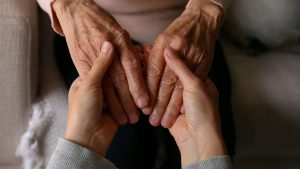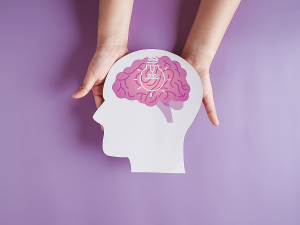Social Confidence: Overcoming Anxiety in Social Situations with Disabilities

For people with disabilities, going out and socializing can be a challenge. Those who have a harder time communicating, lack confidence, and experience anxiety may find it especially difficult to connect with others. Fortunately, there are ways that can help overcome these barriers. In this blog post, we will discuss how social confidence can be built to help overcome anxiety in social situations for people with disabilities, and provide helpful tips to help them feel more comfortable in social settings.
1. Develop Social Skills:
Just like with any other skill set, social skills can be developed and refined through practice. Some of these skills may include facial expressions, body language, active listening, and using appropriate eye contact. By practicing these skills in a safe environment, such as with family members or a trusted friend, individuals can build confidence and feel more comfortable in social settings.
2. Participate in Group Activities for confidence:
Participating in group activities can also help build social confidence. Joining local clubs or organizations can expose individuals to new social situations, where they can meet new people with common interests. This can help individuals feel more included, reduce social anxiety, and open up opportunities to make new friends and connections.
3. Set Small Goals:
Setting small, achievable goals can also help build social confidence. This can include simple tasks like saying “hello” to a stranger or starting a conversation with a new acquaintance. By setting and accomplishing small goals, individuals can build confidence and gradually become more comfortable in social situations.
4. Use Accommodations:
Those with disabilities may require accommodations to help them feel more comfortable in social situations. This could include having a support person or service animal present, or requesting an interpreter or communication aid. Utilizing these accommodations can help reduce stress and increase confidence, allowing individuals to focus on socializing and connecting with others.
5. Seek Professional Help for confidence:
Finally, it is important to remember that overcoming social anxiety and building confidence may require professional help. Speaking with a therapist or counselor can help individuals develop coping mechanisms and strategies to manage anxiety. Additionally, seeking guidance from a social skills group or disability support organisation can also provide valuable resources and support.
Conclusion:
Overcoming social anxiety and building confidence can be a challenge, especially for those with disabilities. However, by developing social skills, participating in group activities, setting small goals, using accommodations, and seeking professional help, individuals can overcome these barriers and feel more comfortable in social situations. With time and practice, it can be built, helping individuals to make new friends, connect with others, and ultimately improve their quality of life.








